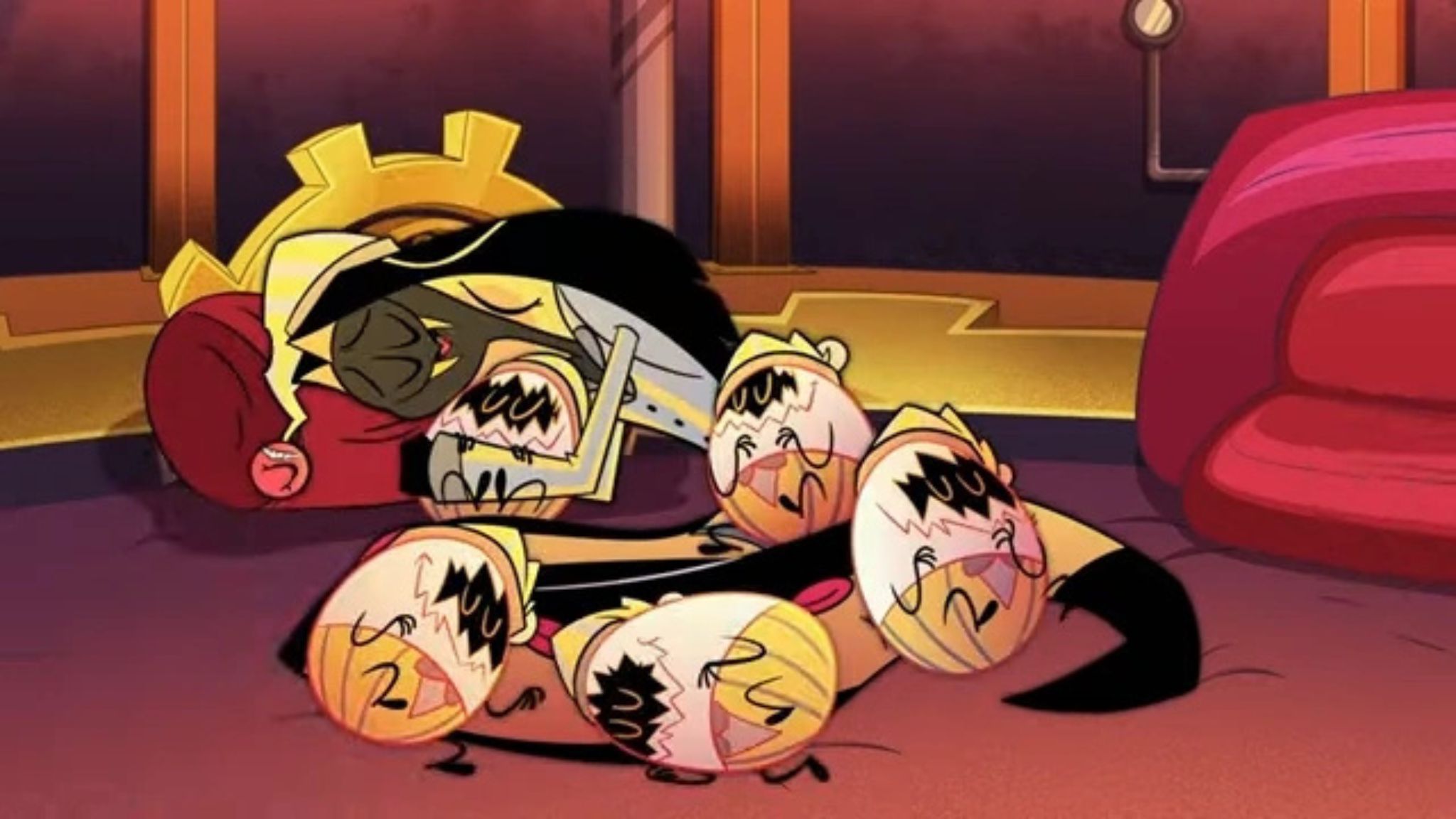
Warning! This article contains spoilers about Hazbin Hotel Season 2, Episode 2.
Fans of the animated musical Hazbin Hotel have been eagerly awaiting its return on Prime Video, and Season 2 immediately dives into the pasts of its characters. Episode 2, “Storyteller,” is a moving and impactful installment that completely changes how we view the story of Sir Pentious. And for those who enjoy history and true crime, a specific detail from his memories might be shocking: Hazbin Hotel appears to have provided a surprising and clever answer to the long-unsolved mystery of who Jack the Ripper really was.
Throughout the first season of Hazbin Hotel, Pentious repeatedly tried and failed to improve himself. His eventual redemption and journey to Heaven in his second death were completely unexpected. Now, the show reveals the events that led to his original damnation—a past mistake connected to a centuries-old horror. Pentious’s guilt stemmed from failing to act when he could have saved lives, a regret that fueled his self-hatred both in life and in Hell. The show masterfully blends this dark historical horror with Pentious’s personal tragedy, offering a fictional explanation for a real and terrifying historical mystery.
Sir Pentious’s Confession Reveals the Identity of a Historical Monster

A key scene in Season 2, Episode 2, “Storyteller,” shows Sir Pentious recalling his past as a human. He describes being Pendleton, an odd inventor living in London in 1888. A fearful and reclusive man, he witnessed a terrible crime from his window: a woman being murdered. What’s most disturbing is that he recognized the killer as someone important and well-connected. Too afraid to speak up, Pentious remained silent and watched in horror as the man went on to kill five more women.
This is a clear reference to the well-known Jack the Ripper case. The Ripper began his crimes in London in 1888 and is officially linked to the murders of five women, often called “The Canonical Five.” But the actual number of his victims remains a mystery.
Making a flawed character the only witness to the Ripper’s first murder is a clever storytelling choice that makes Pentious’s downfall more relatable. This reveal highlights the reason he ended up in Hell—his failure to act when he should have—and taps into years of real-world theories about the killer’s identity. The fact that the murderer was a powerful and well-known person supports the idea that Jack the Ripper wasn’t just a random criminal, but someone with status who could easily move between different levels of London society unnoticed. By creating this one, haunted witness, Hazbin Hotel offers fans a compelling and definitive solution to this famous unsolved mystery.
The Show Points Directly to a Real-Life Victorian Suspect

The information Pentious provides significantly reduces the number of possible suspects, strongly suggesting Montague John Druitt. Druitt was a successful and well-respected lawyer, which would have given him considerable power and connections in Victorian society – he could easily have been a client of someone like Sir Pentious. Druitt’s status also rules out theories involving either royalty or people from lower social classes.
The timeline of Walter Druitt’s life strangely coincides with the end of the Jack the Ripper murders. The official series of killings stopped after the fifth victim in November 1888. Around the same time, Druitt was committed to a mental asylum, but he died in December 1888 – his death was generally considered a suicide. For many years, people have wondered if his death is what caused the murders to suddenly stop.
The crucial final clue is that the killer was one of Pentious’s clients. Pentious continued his work as an inventor even after death, and a successful, well-connected lawyer like Druitt would likely have sought him out – either for legal advice, as an investor, or simply to access cutting-edge technology.
Hazbin Hotel cleverly uses a real and disturbing historical event – the unsolved Jack the Ripper murders – as the backstory for one of its most likable characters. By focusing on a suspect, Montague Druitt, who was wealthy and avoided consequences by committing suicide, the show highlights how those in power can often escape responsibility. This idea fits perfectly within the setting of Hell and the stories of its inhabitants.
Sir Pentious’s silence wasn’t simply a personal flaw; it reflected a society that enabled a powerful, dangerous individual. The show Hazbin Hotel offers a compelling fictional resolution, which is deeply satisfying both as a unique blend of history and fantasy, and as a pivotal step in Sir Pentious’s long and difficult path toward finding redemption and finally releasing a lifetime of guilt.
Did you understand that reference, or any of the others? Share your thoughts in the comments and join the discussion in the ComicBook Forum!
https://comicbook.com/anime/list/10-questions-hazbin-hotel-season-2-needs-to-answer/embed/#
Read More
- How to Get the Bloodfeather Set in Enshrouded
- Best Controller Settings for ARC Raiders
- 4 TV Shows To Watch While You Wait for Wednesday Season 3
- Where Winds Meet: How To Defeat Shadow Puppeteer (Boss Guide)
- Every Targaryen Death in Game of Thrones, House of the Dragon & AKOTSK, Ranked
- Battlefield 6 Season 2 Update Is Live, Here Are the Full Patch Notes
- The Pitt Season 2, Episode 7 Recap: Abbot’s Return To PTMC Shakes Things Up
- The Best Members of the Flash Family
- Auto 9 Upgrade Guide RoboCop Unfinished Business Chips & Boards Guide
- Duffer Brothers Discuss ‘Stranger Things’ Season 1 Vecna Theory
2025-10-29 23:15